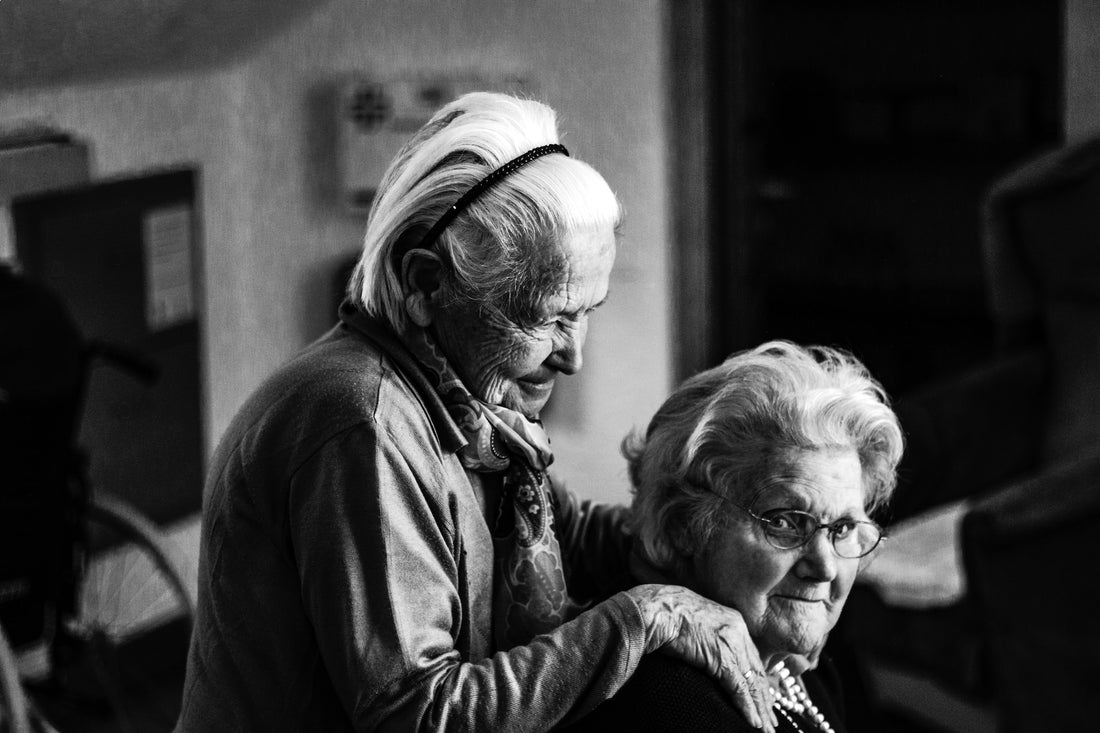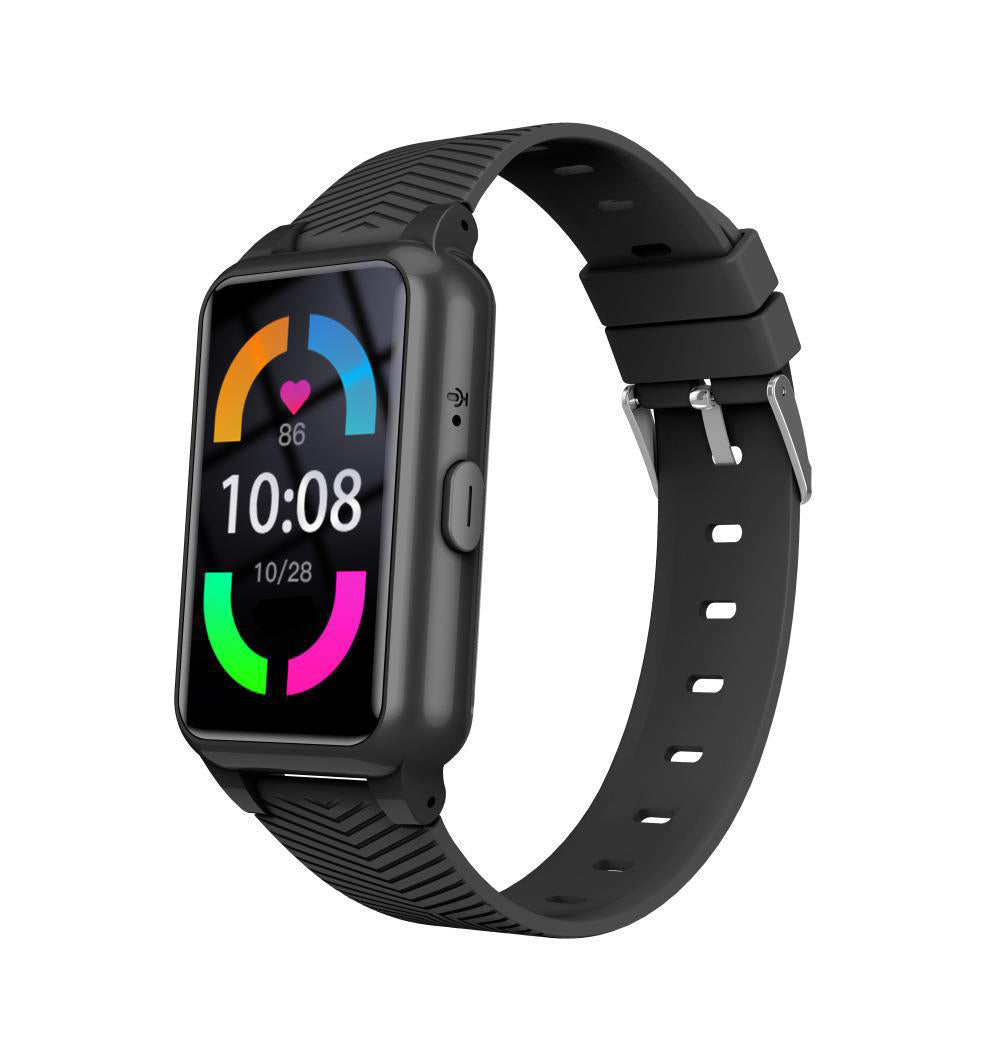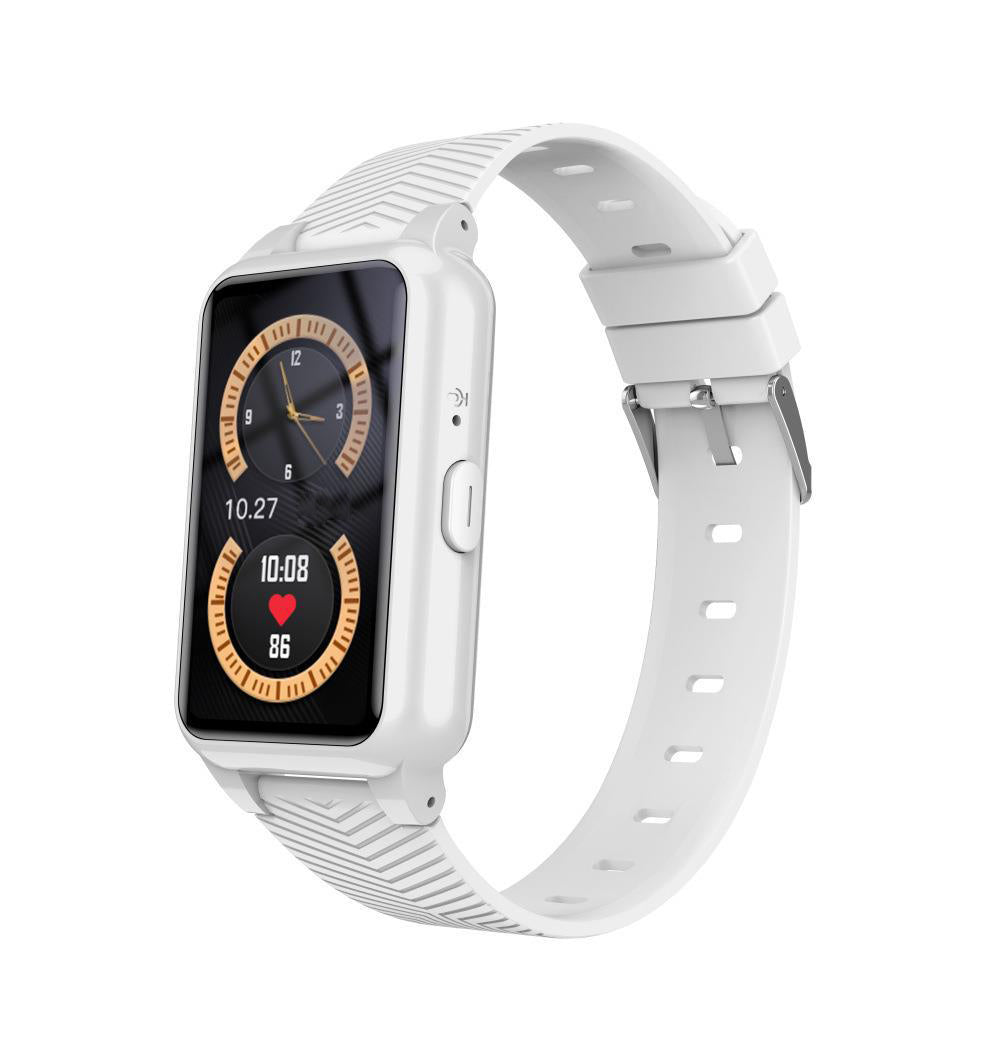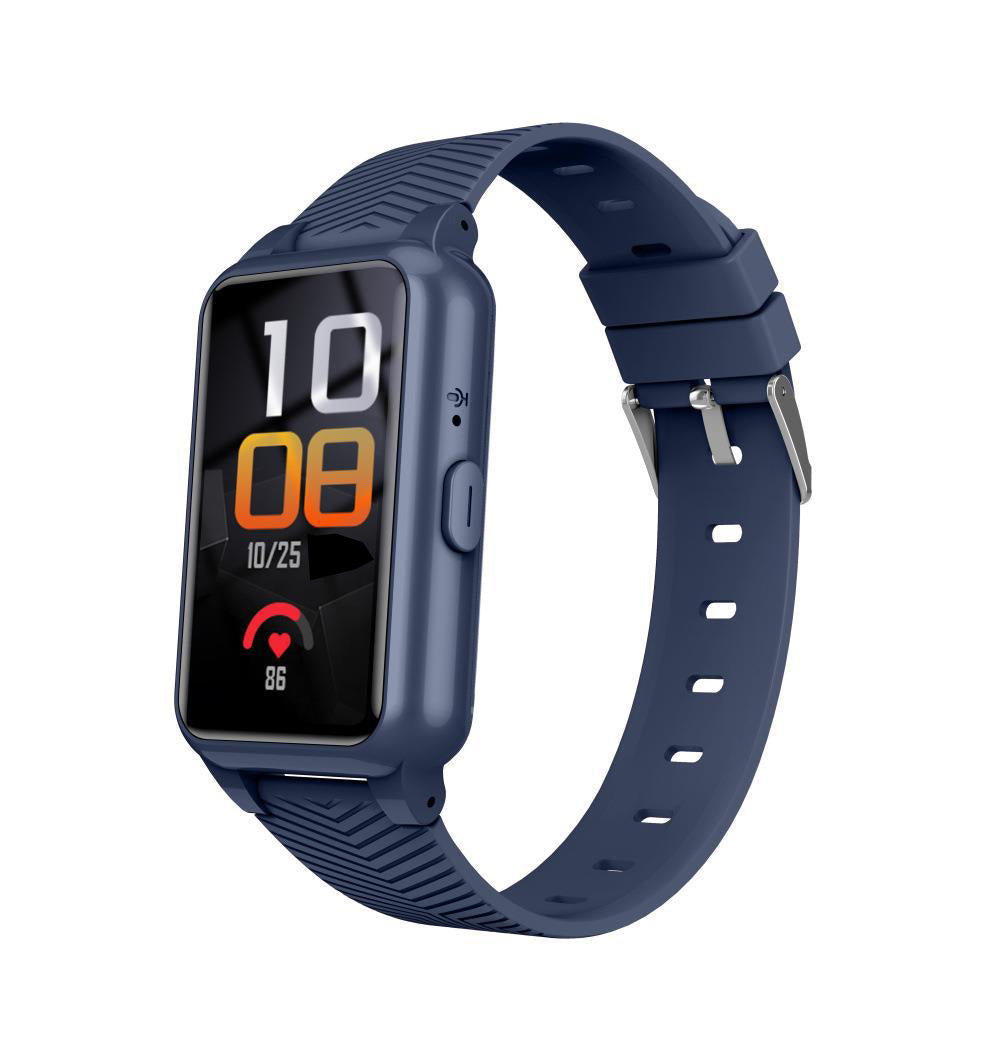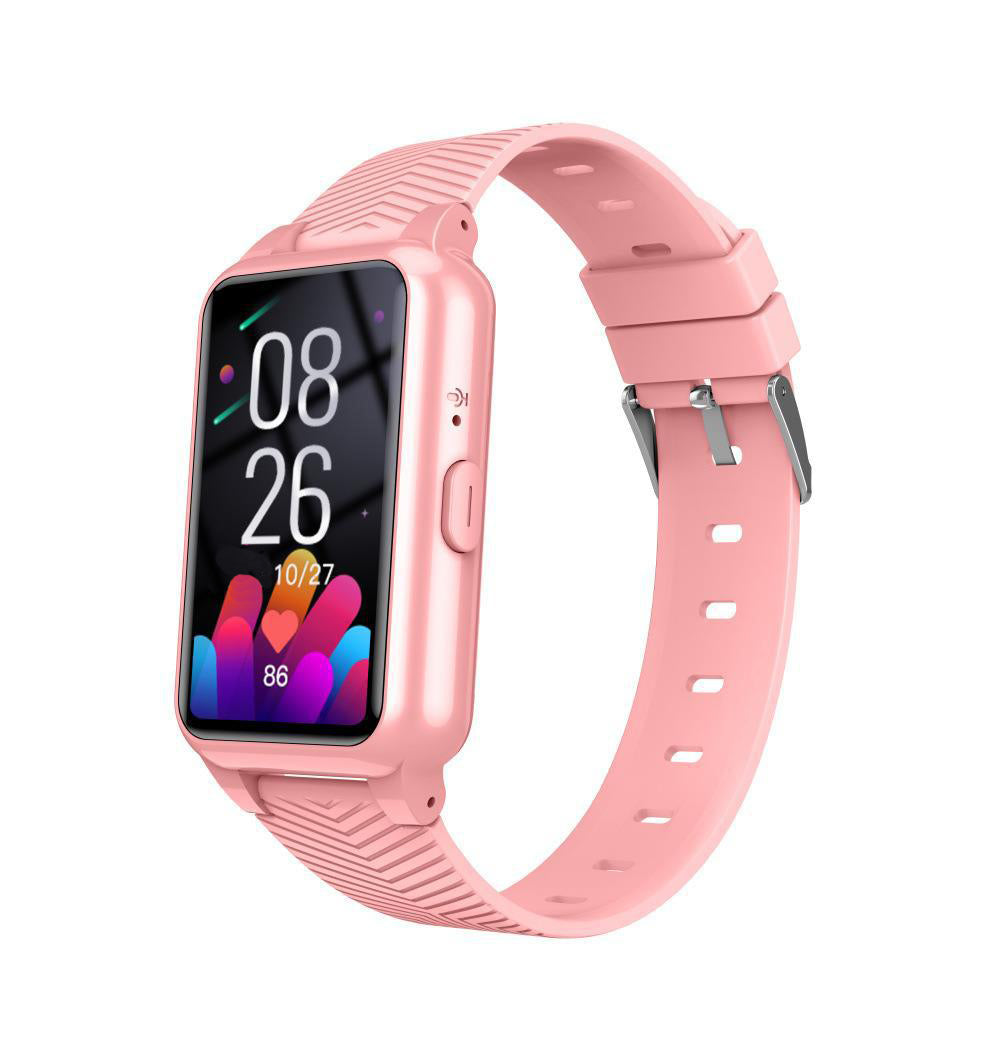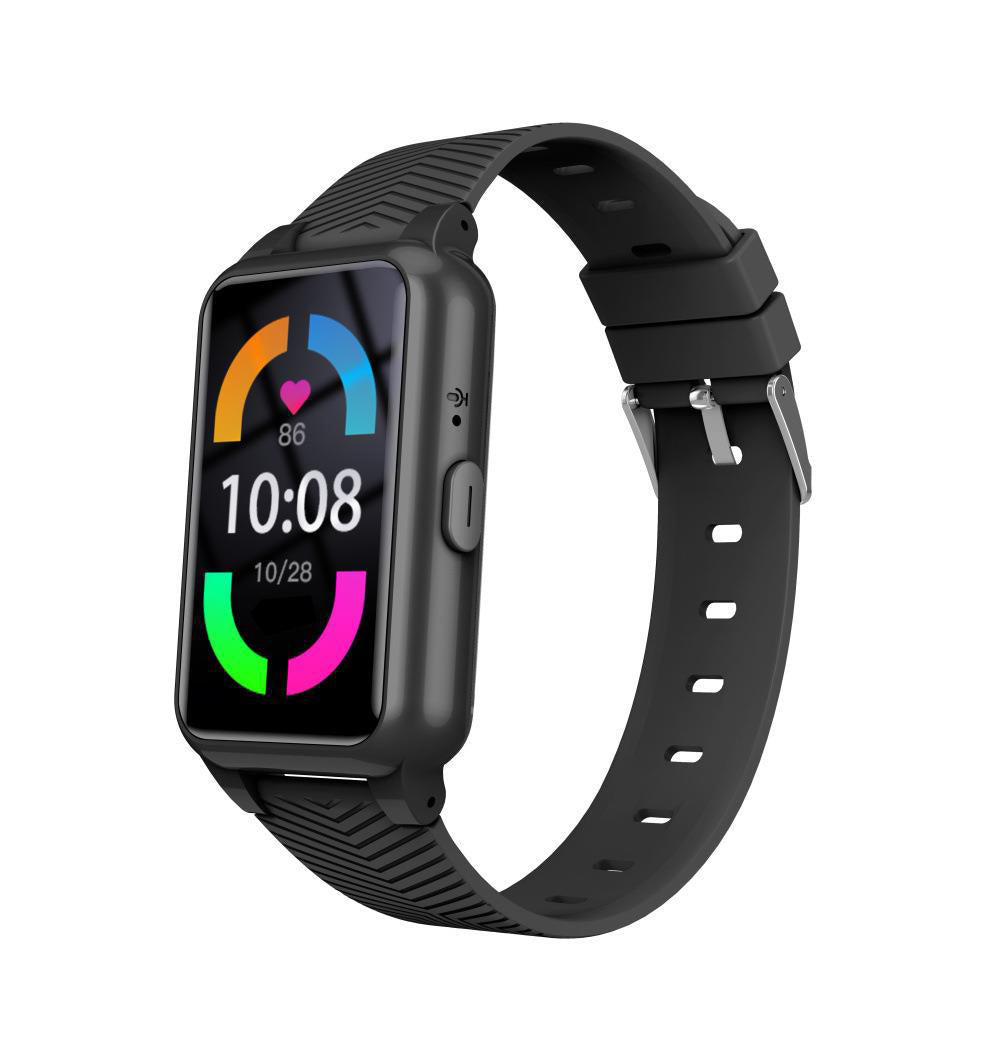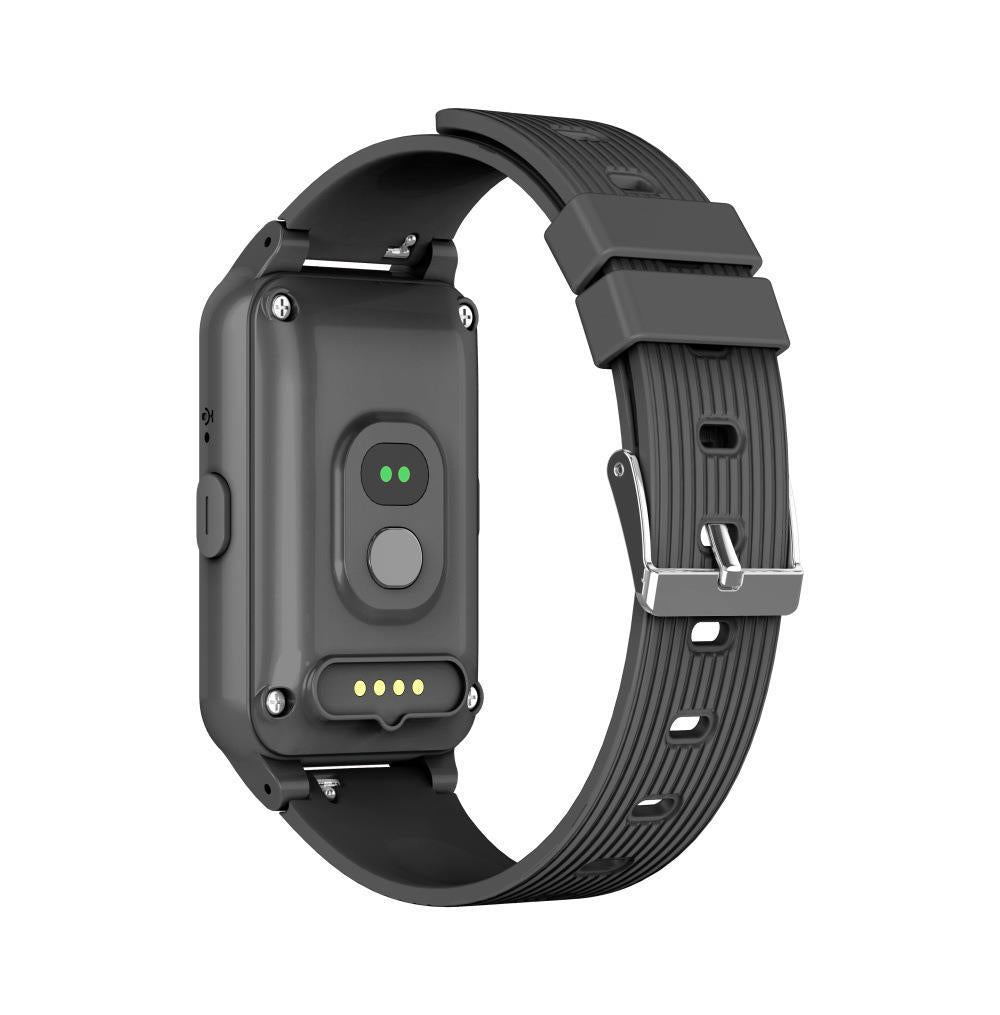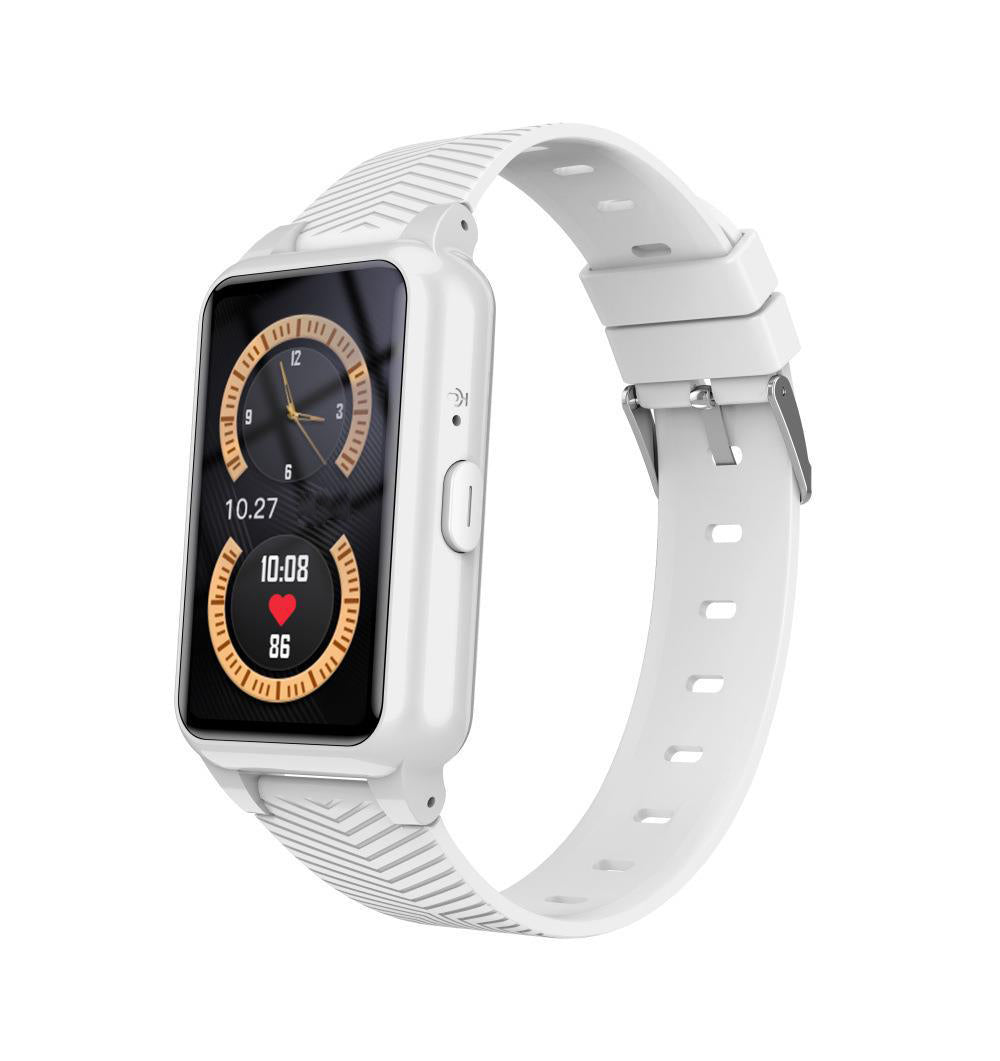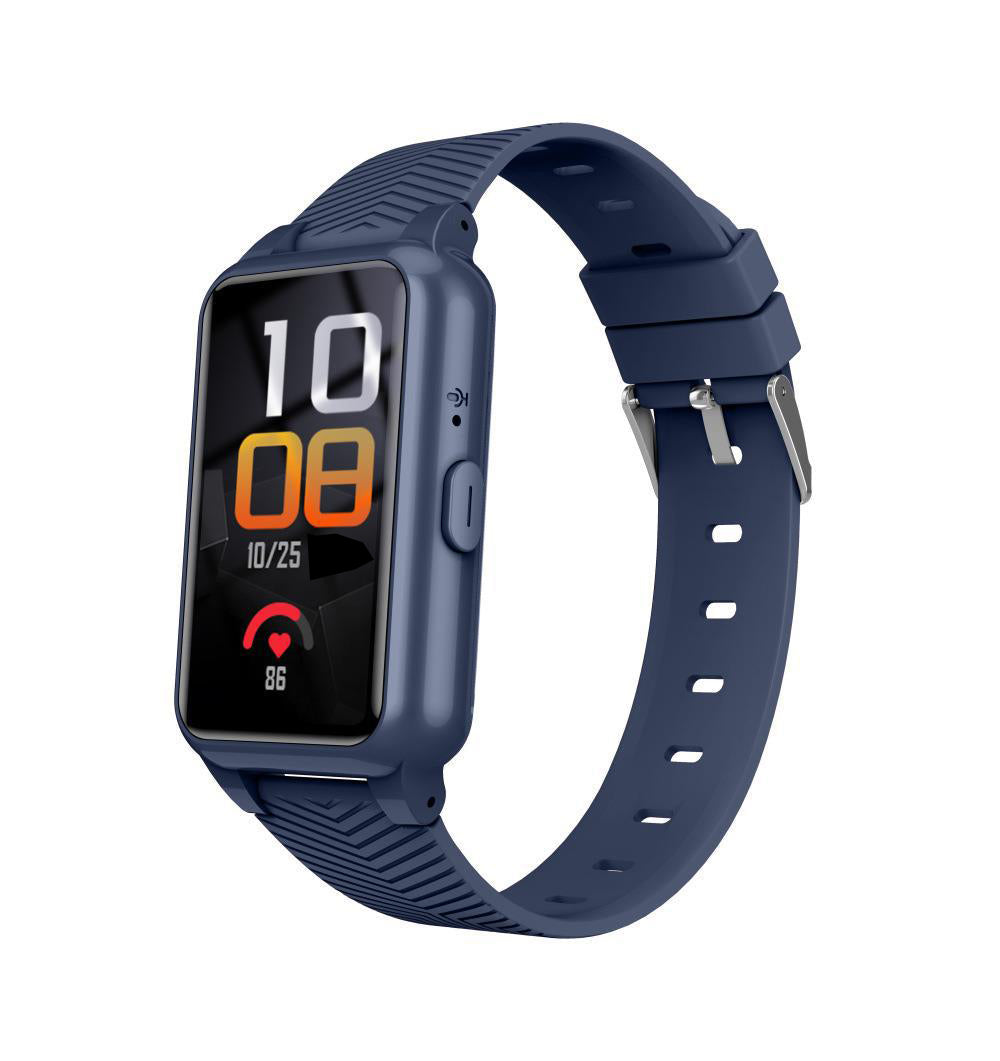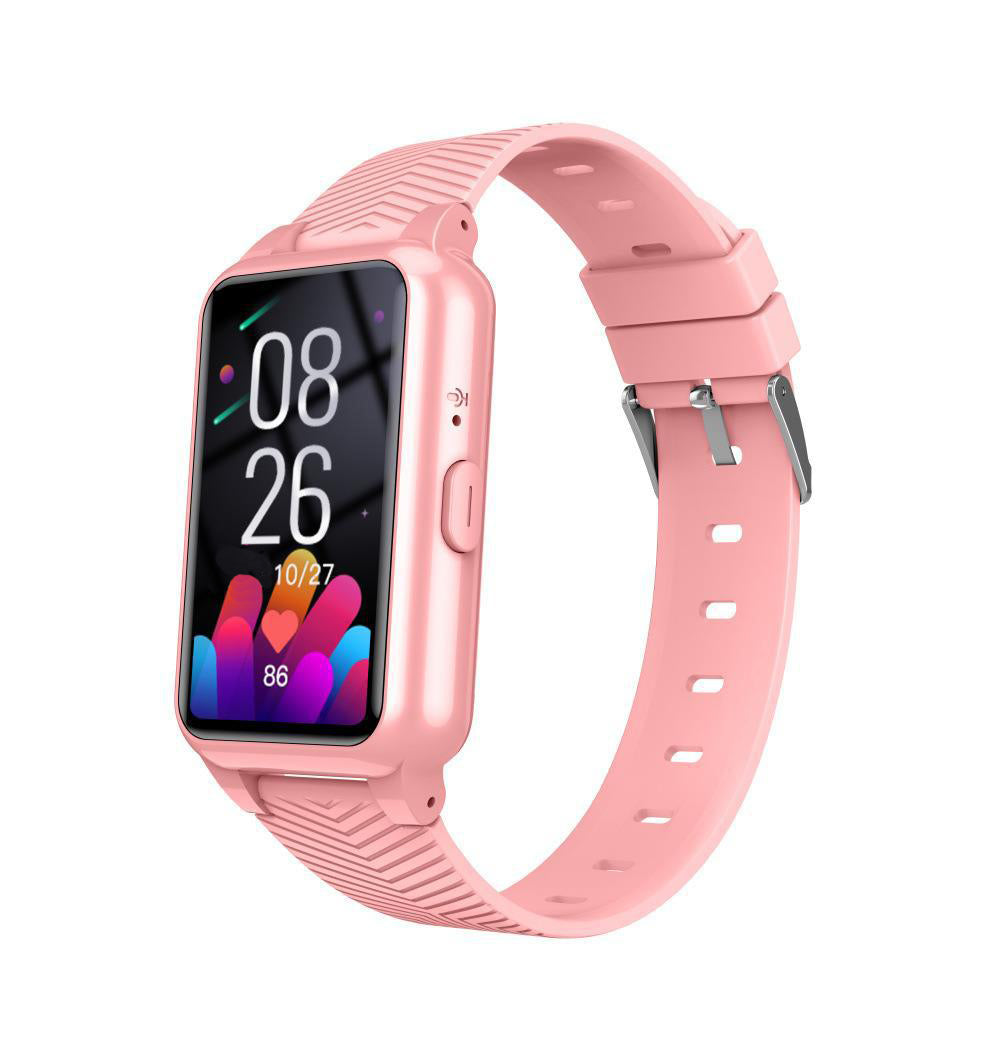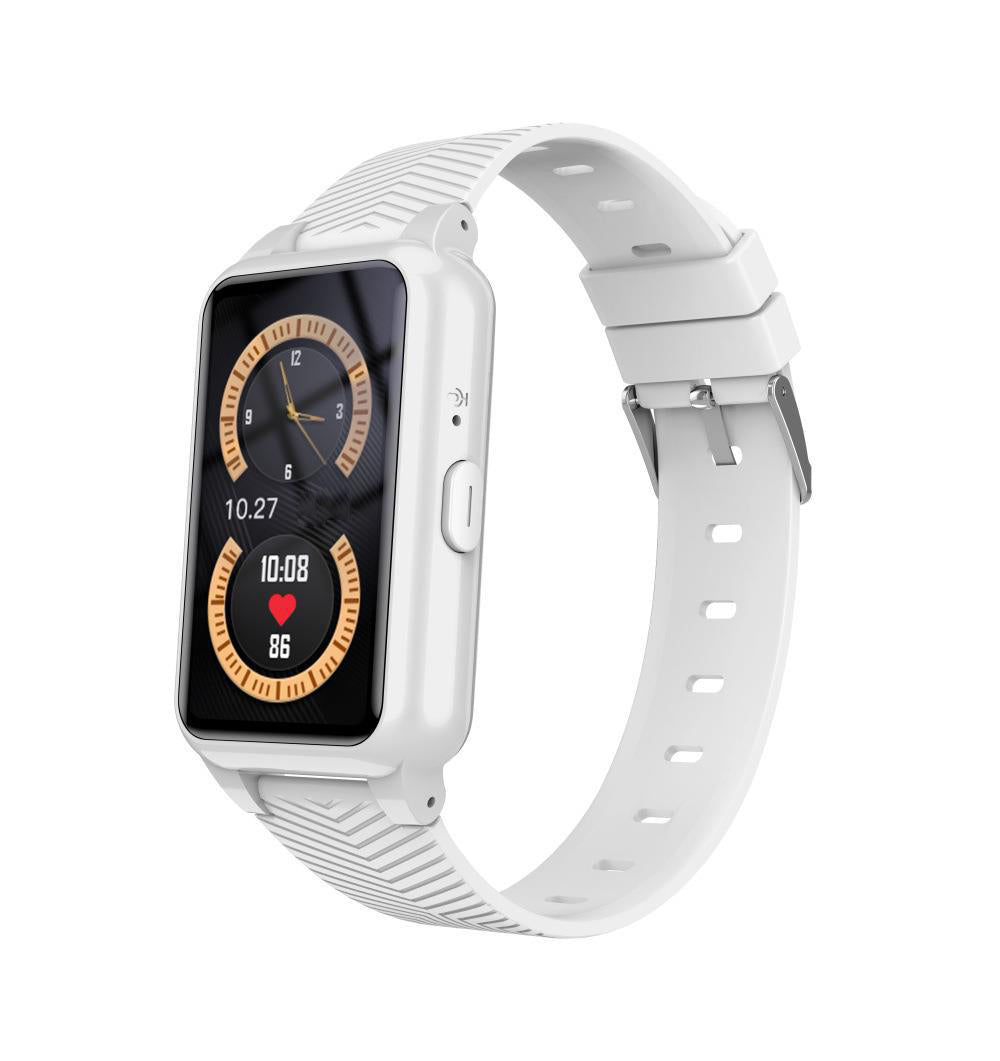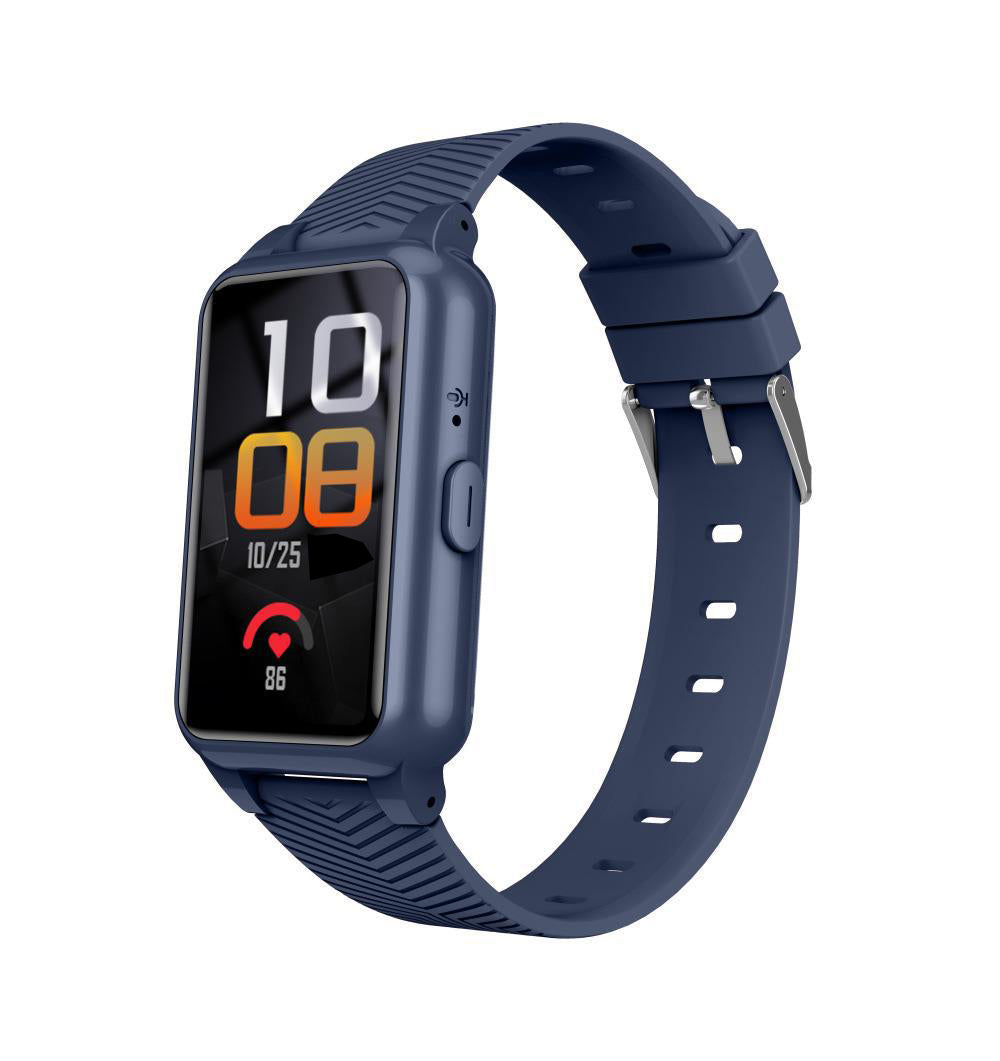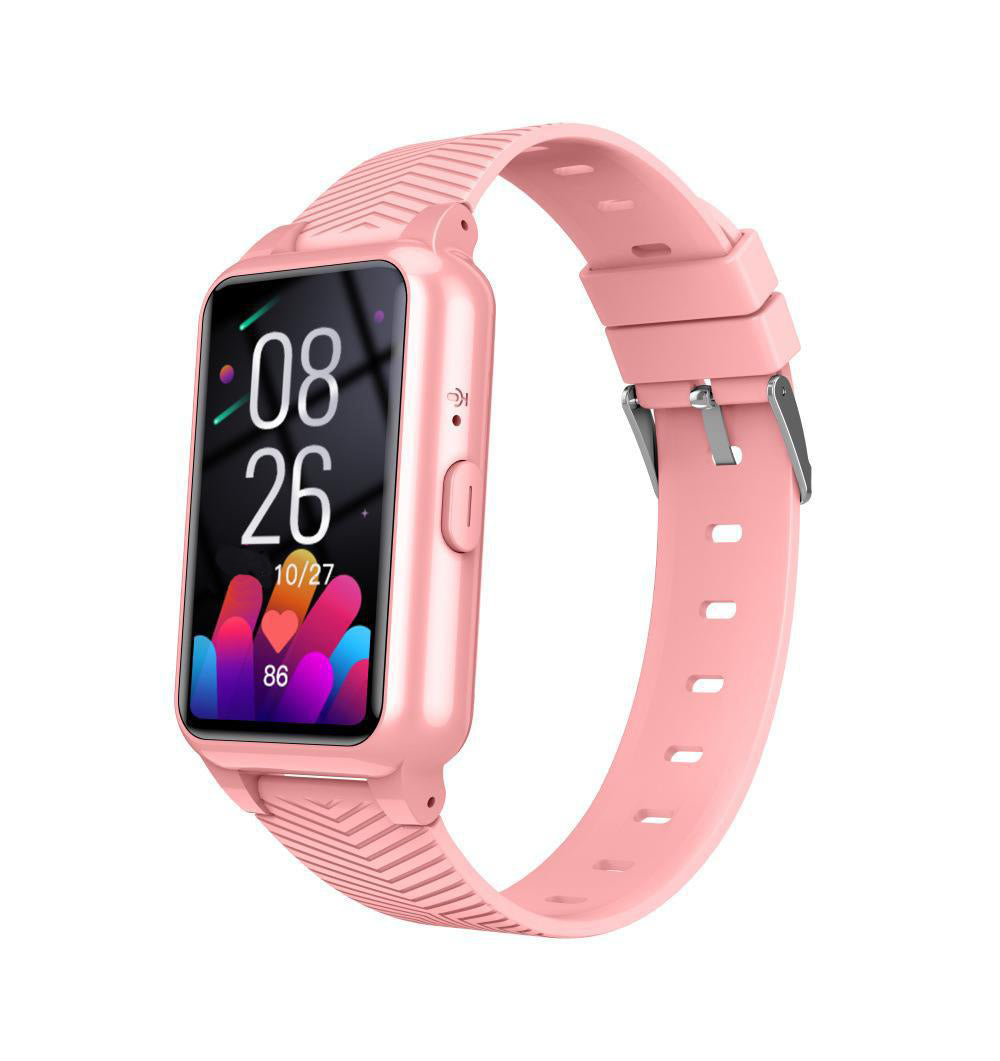As the senior population continues to grow, so does the need for innovative and sustainable ways to care for and ensure the safety of our aging loved ones. One increasingly popular solution is remote health monitoring, which leverages modern technology to address the needs of seniors and their caregivers. Remote health monitoring for seniors features wearable devices, mobile applications, and data-driven insights designed to continually monitor health conditions, ensuring safety and promoting independence. In doing so, specialised systems can track vital signs, medication adherence, physical activity levels, and more without compromising seniors' autonomy or quality of life.
At MedAlert, we recognise the transformative potential of remote health monitoring for seniors. Our solutions equip seniors with cutting-edge devices that enable both independence and effective care management. In turn, caregivers can attend to their loved ones' needs efficiently and proactively, offering timely assistance and intervention when required. By integrating technology-driven solutions into seniors' daily lives, we seek to enhance the overall quality of care for our aging population and empower seniors to enjoy an independent and self-sufficient lifestyle.
In today’s article, we will discuss the benefits of remote health monitoring for seniors and caregivers, including insights into how these systems work, how they contribute to improved health outcomes, and how enhancing communication between seniors and healthcare providers could prove invaluable. With the right tools, strategies, and ongoing support in place, remote health monitoring systems can serve as a testament to the power of innovation in care provision for our senior population - ultimately driving a better quality of life and a more secure future.
Join us in exploring the advantages of remote health monitoring and discover the potential to revolutionise care for seniors, offering greater independence, safety, and peace of mind for all parties involved.
How Remote Health Monitoring Works
Remote health monitoring systems employ a combination of devices, software applications, and data analytics to observe and track a senior's health and safety continuously. These systems usually consist of wearable devices like smartwatches, pendants, or vitals monitoring devices. They can record essential information like heart rate, blood pressure, and physical activity levels. Data collected is then transmitted through smartphones, tablets, or a dedicated hub to a secure platform accessible by healthcare providers or caregivers. Let's explore the key components of these systems in greater detail:
- Wearable Devices: Seniors are equipped with wearable devices that continuously monitor vital signs, physical activities, and even fall detection. These devices can instantly notify caregivers or medical professionals in cases of emergencies or significant health changes.
- Mobile Applications: Caregivers can access the data collected by wearable devices through user-friendly mobile apps that provide real-time insights, notifications, and remote communication. The apps also enable seniors to receive medication reminders and interact with their caregivers as needed.
- Data Analytics: Advanced data analytics turn the collected information into actionable insights for healthcare providers, helping them identify trends, monitor progress, and devise personalised care plans for seniors.
Now that we have a clearer understanding of how remote health monitoring systems work, we can discuss their numerous benefits for seniors and caregivers.
Improved Health Outcomes and Quality of Life
One of the most significant advantages of remote health monitoring for seniors is its potential to improve health outcomes and overall quality of life. By constantly tracking vital signs and physical activity, caregivers and healthcare providers can promptly identify any irregularities or deviations, offering early intervention and timely treatment. In doing so, remote health monitoring reduces hospitalisation rates and the severity of illnesses, enabling seniors to maintain better physical and emotional well-being.
Enhanced Communication and Caregiver Support
With remote health monitoring systems, seniors and caregivers experience a marked improvement in communication. The mobile applications allow seniors to interact with their caregivers effortlessly, providing feedback on their condition or requesting assistance. Similarly, caregivers can access real-time insights on seniors' health, allowing them to prioritise and address the needs of their loved ones.
This improved communication fosters trust and transparency between seniors and caregivers, leading to a more satisfying care experience for all parties involved. By reducing the stress and time associated with manual monitoring, remote health monitoring systems also alleviate caregiver burden, contributing to a healthier caregiver-senior relationship.
Cost-Effective Care Management
It's no secret that healthcare expenses can be significant, particularly for seniors who may require frequent doctor's visits or ongoing medical treatment. By utilising remote health monitoring systems, seniors and caregivers can manage care more cost-effectively.
These systems enable early intervention, helping prevent costly medical emergencies and reduce the need for regular in-person consultations. Moreover, healthcare providers have access to a wealth of data on seniors' health, empowering them to devise targeted, evidence-based care plans that maximise results while minimising expenses.
Promoting Independence and Reducing Anxiety
For many seniors, maintaining independence is crucial to their emotional well-being. Remote health monitoring systems allow them to continue living independently, knowing that assistance is only a touch away should they need it. At the same time, caregivers and loved ones enjoy peace of mind, assured that they will be promptly alerted in case of emergency or significant health change.
By empowering seniors to take control of their health and equipping caregivers with indispensable information, remote health monitoring systems strike a delicate balance between autonomy and care provision that benefits everyone involved.
Conclusion
Remote health monitoring for seniors and caregivers has the potential to revolutionise healthcare, greatly enhancing seniors' quality of life and caregivers' ability to provide attentive, personalised care. By leveraging technology and data-driven insights, remote health monitoring systems can transform the way we approach senior care, offering independence, better health outcomes, cost savings, and invaluable peace of mind.
With the world's aging population steadily increasing, it's more important than ever to provide innovative and sustainable solutions that empower seniors and caregivers alike. MedAlert’s medical alert device offers precisely that, encapsulating a new age of senior care that prioritises safety, independence, and communication while reinforcing the value of a strong caregiver-senior relationship.

